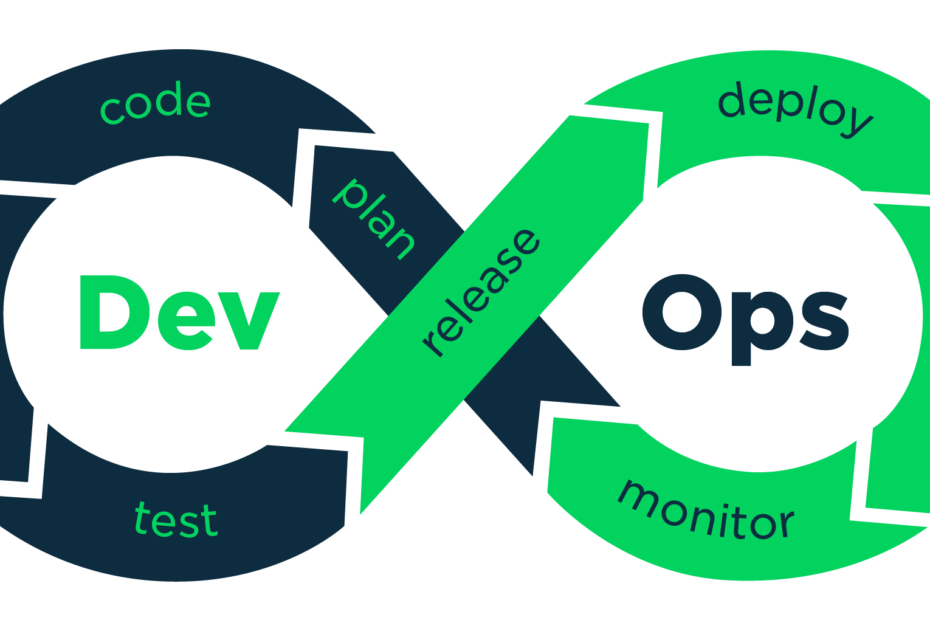What Are The Elements Of DevOps Course Syllabus?
DevOps is a high-paying position in the software industry. Even if you don’t end up working in DevOps, understanding how it works can help you become a better programmer overall.
Application performance management, continuous integration, and continuous deployment methodologies are just some of the topics covered. Learning the terminology and frameworks of DevOps is essential for anyone working in software and online development, because many of its techniques are routinely used.
The MERN (MongoDB, Express JS, React JS, Node JS) stack of technologies is heavily covered in this course. You will get a series of presentations with technological suggestions based on these best practices. These presentations will include several code examples. If you have a fundamental understanding of HTML and CSS, you should have no trouble following along.
Taking this DevOps for beginners course is the first rung on the ladder to a career as a DevOps engineer. A typical DevOps course syllabus will cover a range of topics that will set students up for success in the field.
DevOps: An Overview
What is DevOps? The first part of the training normally provides an introduction to DevOps, its tenets, and the significance of the practice in today’s software creation and maintenance processes. The cultural and organizational components of DevOps are covered, teaching students about things like teamwork, communication, and continuous development.
Version Control Management:
In DevOps, familiarity with version control is a must. Popular version control systems are taught to students, such as Git, which allows for streamlined code management, teamwork, and a simple rollback in the event of an error.
Continuous Integration (CI):
The goal of this section is to streamline the process through which modified code is pushed to a central repository. Students gain an understanding of continuous integration (CI) platforms including Jenkins, Travis CI, and GitLab CI, as well as the value of automated testing and code analysis in ensuring high-quality code.
Continuous Deployment and Delivery (CD):
Application deployment automation approaches, such as continuous deployment and delivery, are investigated here. They gain knowledge of containerization and orchestration platforms like Docker and Kubernetes, which allow for more streamlined rollouts.
Managed Configuration:
Ansible, Chef, and Puppet are just some of the configuration management technologies discussed here. Students learn how these instruments let consistent and scalable infrastructure to be set up and maintained automatically.
Also read: “6 Features That Make DevOps Training in Hyderabad Unique”
Monitoring and Logging:
DevOps highlights the need of tracking application metrics and accumulating useful logs. Course attendees learn how to use monitoring and debugging tools including Nagios, ELK Stack (Elasticsearch, Logstash, and Kibana), and Prometheus.
Cloud Computing:
Due to the popularity of cloud-based infrastructures, DevOps experts now need to be familiar with cloud principles. Courses covering AWS, Azure, and Google Cloud as well as application management in the cloud are commonplace.
Security and Compliance:
Tools like SonarQube for code scanning, secure access restrictions, and compliance requirements are just a few examples of how this module may be used to improve security across the DevOps process.
Resources for Collaboration and Communication:
Students learn how to use collaborative technologies like Slack, Jira, and Confluence to improve their cooperation and project management in the context of DevOps.
Case Studies and Real-World Projects:
Projects and case studies that put students’ theoretical knowledge into practice are an integral aspect of any good curriculum. Students practice their problem-solving and analytical abilities by working through realistic DevOps situations.
Industry Best Approach:
In order to keep up with the rapidly changing DevOps world, the course wraps up with an emphasis on industry best practices, new trends, and cultivating a continuous learning mentality.
The goal of a DevOps course syllabus is to provide students with the knowledge and abilities necessary to succeed in the rapidly evolving fields of software engineering and information technology operations.
Also Read : How To Excel In Product Management: 5 Effective Training Techniques
Also Read : NFT Marketplace Development Guide: Cost Insights and Steps in Detail
